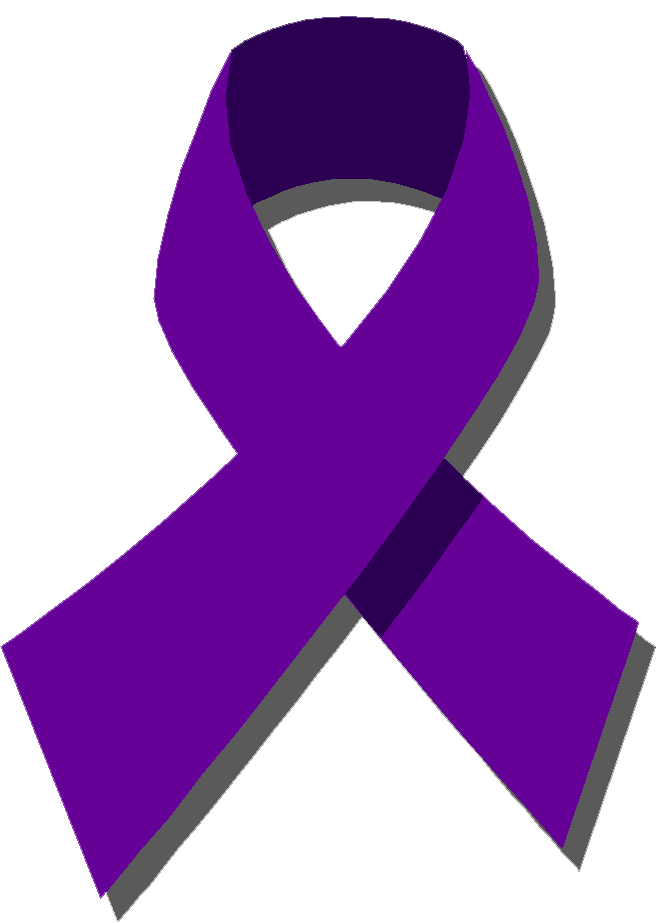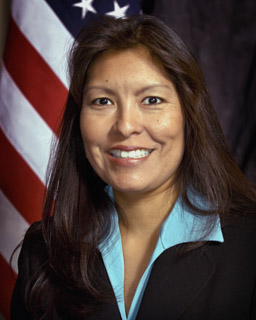Erika T. Wurth's novel, Crazy Horse's Girlfriend, will be released by Curbside Splendor Sept. 2014. She teaches creative writing at Western Illinois University. She was raised right outside of Denver and is Apache/Chickasaw/Cherokee.
Moving Toward Justice: New Federal Law Addresses Violence In Indian Country
Vawa Finally Allows The Prosecution Of Rapists In Indian Country, But There’s Still More Work To Be Done


Recently confirmed federal judge Diane Humetewa
Official photograph




